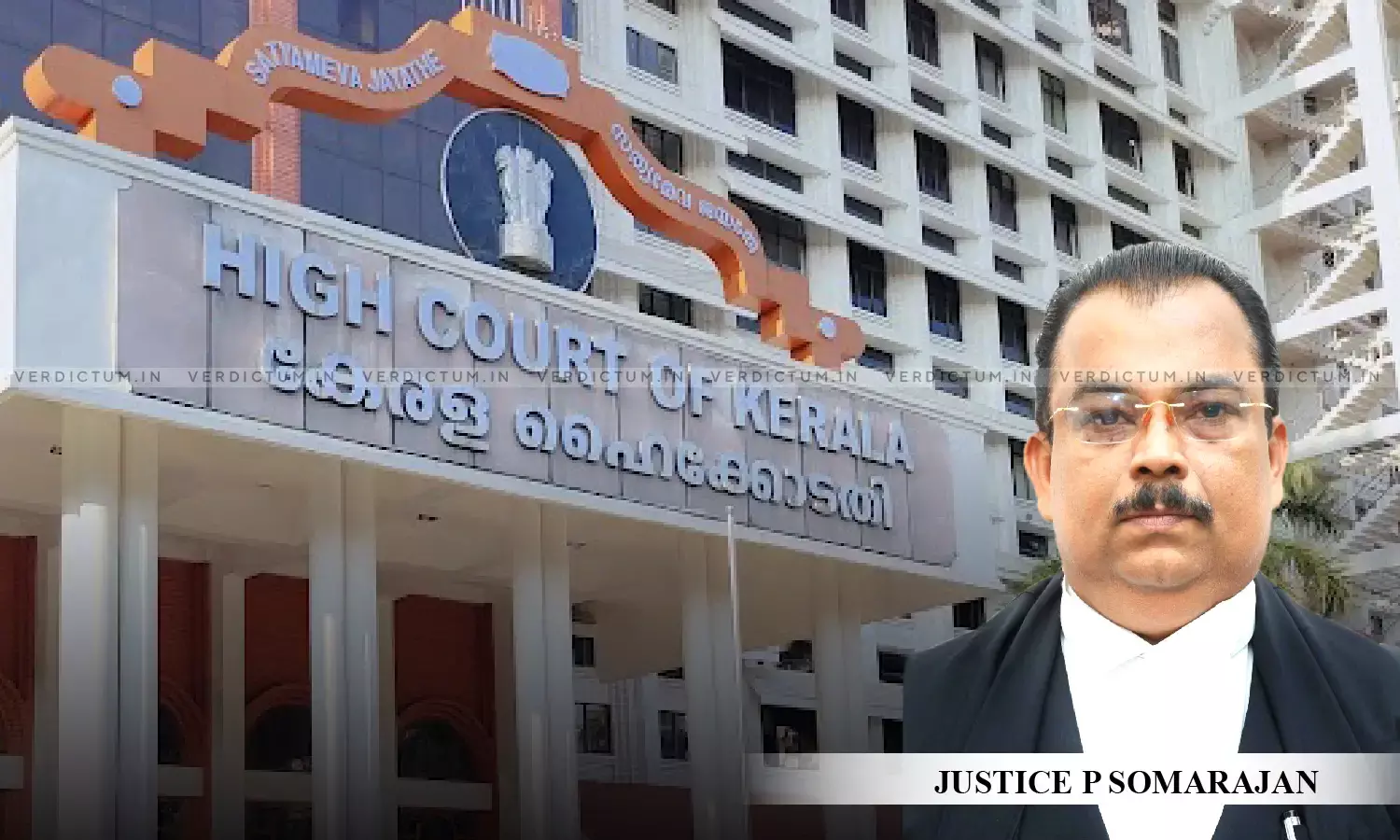State Govt Cannot Dictate Any Terms In Matter Of Fixation Of Compensation U/s. 10 Of Petroleum & Minerals Pipeline Act: Kerala HC

While considering the legal sanctity of the State Government Order in the matter of fixation of compensation under Section 10 of the PMP Act, the Kerala High Court refused to accept the argument advanced by the claimants that sub-section (4) of Section 10 of the PMP Act would enable the State Government to issue a notification/order regarding fixation of compensation.
The High Court clarified that Section 10 of the PMP Act is only a provision dealing with payment of compensation when the right of user of any land has been vested with the Central Government or State Government as the case may be.
A Single Judge Bench of Justice P. Somarajan observed that “the State Government or any other authority under the State Government cannot dictate any terms in the matter of fixation of compensation and there is no provision for issuing any notification or order by the State Government under the said Act, including Section 10”.
While clarifying that the Central Government alone can issue a notification on that behalf, the Bench added that it is not within the legislative competence of the State Government to dictate any Rule or any provision in the matter of determination of compensation covered by the PMP Act.
Advocate Martin Jose appeared for the Petitioner, whereas Advocate Ajith Krishnan appeared for the Respondent.
In the background of the case, Notification under Section 3(1) as well as under Section 6(1) of the Act was issued and the competent authority passed an award fixing the compensation, against which the respective owners of the property had taken up the matter before the District Court under Section 10 of Petroleum and Minerals Pipelines (Acquisition of Right of User in Land) Act, 1962 (PMP Act) for enhancement of compensation in accordance with the provisions contained in the Act. The District Court in turn re-assessed the compensation under Section 10(3) of the PMP Act as ten times of notified fair value of the land by relying on the State Government notification. Challenging the same, the petitioner (GAIL India) preferred the petition before the High Court.
After considering the submission, the Bench found that earlier, a writ was filed by the landholders, whose lands were acquired under notification dated 03/09/2010 claiming that the Government Order dated 01/12/2017 should be made applicable to their lands also, which was dismissed by holding that the G.O. cannot be made applicable to the lands covered under notification dated 03/09/2010.
The Bench observed that the notification was issued based on a decision taken in a meeting chaired by the Chief Minister in partial modification of earlier orders by which the market value to compute land compensation under Section 10 of PMP Act, 1962 has to be taken as ten times of the notified fair value of the land.
“Clause (IV) of the said Government Order says that compensation at the above rates shall be payable in respect of all property through which the GAIL Pipeline passes in Kerala right from the beginning of construction activity in January 2012”, added the Bench.
The High Court clarified that it is Section 10 of the PMP Act, 1962, which governs the area to determine the compensation payable or adequacy of compensation payable to the parties or liability thereof.
While stating that Section 14 of the PMP Act is the debarring provision of the jurisdiction of a civil court, the High Court explained that the competent authority notified under the PMP Act will have certain powers of a civil court to summon witnesses, enforce their attendance, to record evidence, summon documents etc. under Section 12 of the Act.
Accordingly, the High Court concluded that in the Rules framed by the Central Government viz., the Petroleum and Minerals Pipelines (Acquisition of Right of User in Land) Rules, 1963, there is no provision enabling the State Government to dictate terms or to interfere with the matter of fixation of compensation or to issue any order/notification in that behalf.
Hence, the High Court directed the District Court to fix the compensation by considering the mandate under Section 10 of the special enactment viz., PMP Act and also by applying the general and normal principles governing the area.
Cause Title: Satheesan and Ors. v. GAIL India and Ors.
Click here to read/download the Judgment

